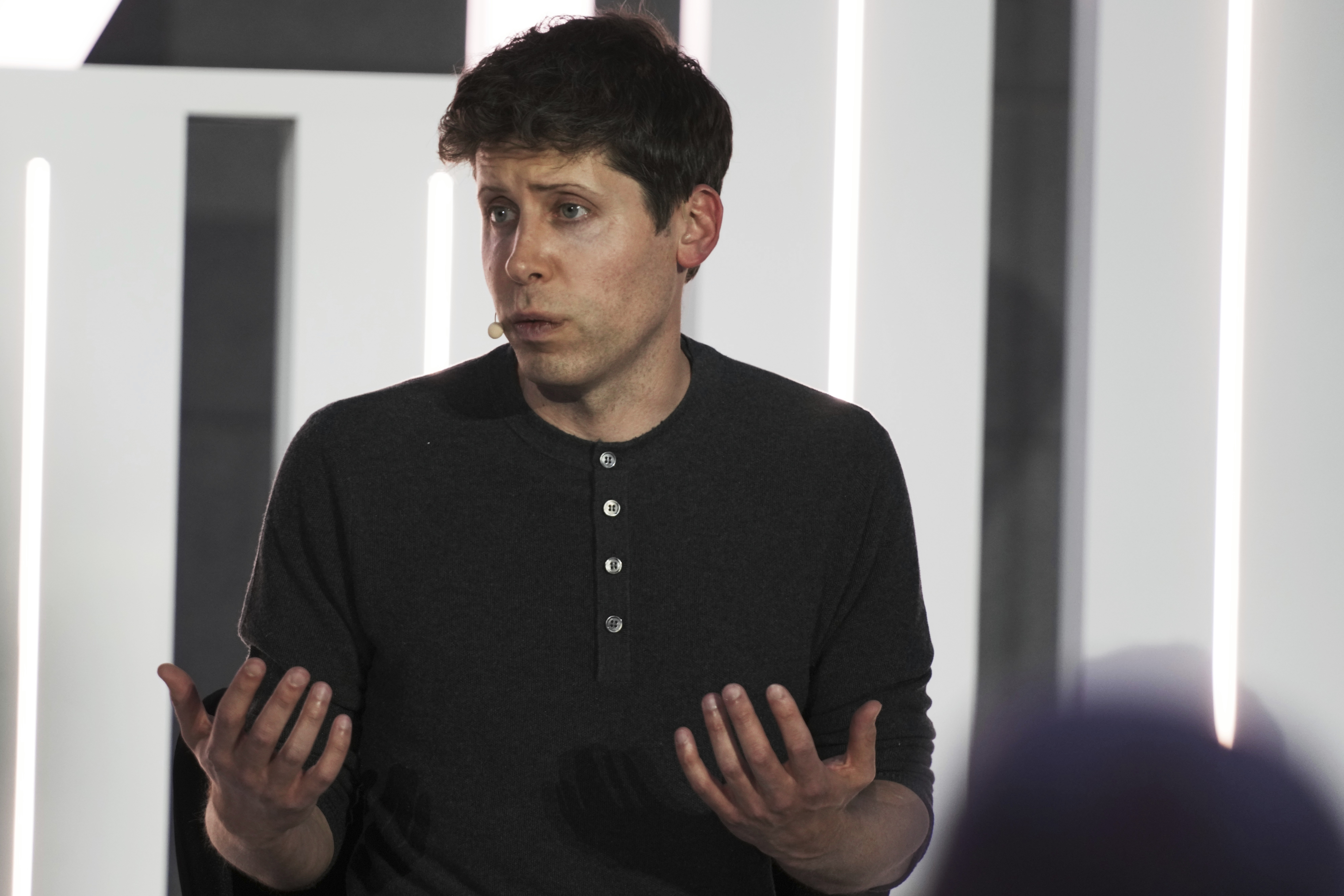
ChatGPT and OpenAi co-creator and CEO, Sam Altman, launched a revolutionary new venture in digital banking — a high-tech fusion of Artificial Intelligence and cryptocurrency. Altman’s project, known as WorldCoin (WLD), claims to be the next step in humanity’s economic evolution, accessing abundance like never before — and the process of joining begins by letting a chrome-plated, bowling-ball-sized orb scan your eye and record your biometric data.
More than 2 million users around the world have already been given the chance to stare directly into the future…but in this case, the future is staring right back.
Learn the benefits of becoming a Valuetainment Member and subscribe today!
Altman and Tools for Humanity CEO Alex Blania channeled the latest advancements in AI and crypto into the WorldCoin project. Altman anticipates that, with enough technological development, AI will eventually evolve past human intelligence, unlocking new frontiers of productivity. When this happens, Altman wants to make sure the resources and wealth it creates are used to improve the lives of all people, not just global elites. Thus, the creation of WorldCoin.
The Worldcoin project is now live. pic.twitter.com/xZXG4w56Ps
— Worldcoin (@worldcoin) July 24, 2023
Altman plans for his cryptocurrency to function as the basis for universal basic income (UBI) for billions of people. “UBI is interesting to me even without talking about AI,” Altman said in an interview with Markets Insider. “If we have a society rich enough to end poverty, then we have a moral obligation to find out how to do that.” In this more “materially abundant world,” resources will need to be distributed evenly, and that means creating roadblocks for AIs, scammers, and other bad actors. That creates a problem of verifying identities.
The controversial solution to this problem is The WorldCoin Orb.
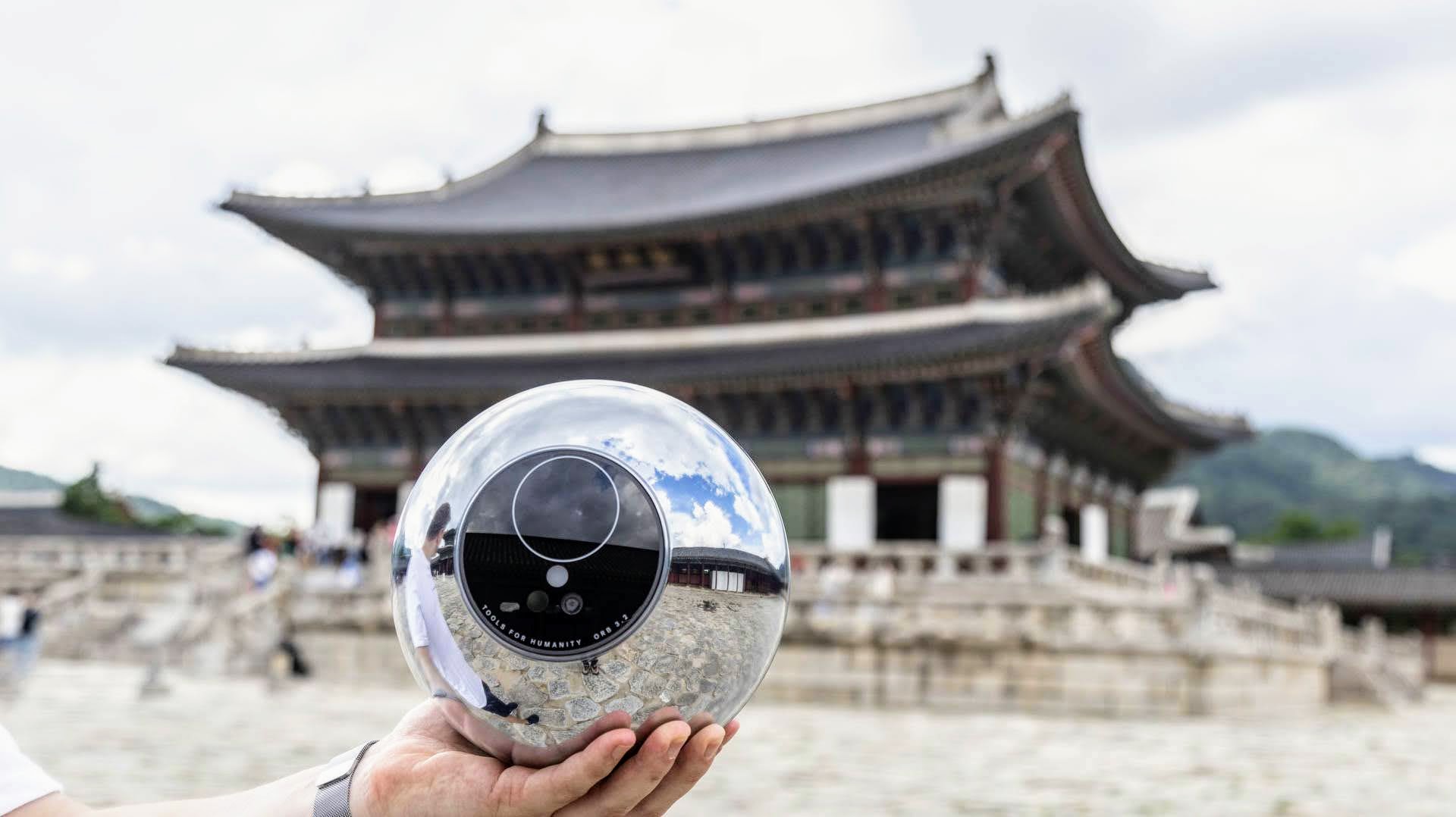
In what could be seen as either a technological marvel or a science fiction nightmare, the WorldCoin team created an AI-powered machine that scans the retinas of users to verify that they are, in fact, human.
In effect, the Orb is a more advanced version of the CAPTCHA tests already used to confirm that “you’re not a robot” online. The Orb’s AI uses the retinal scans to create a secure, personalized ID code saved to its decentralized blockchain. The company claims that the codes cannot be duplicated, faked, or hacked, further stating that all biometric data is erased once the code is generated.
A whole group of Orbs embarked on a world tour in the week following WorldCoin’s launch, scanning more than 2 million beta users from Miami to Seoul, from Los Angeles to Lisbon. Altman boasted that “one person is getting verified every eight seconds now,” showing off lines stretching around the block.
day 3 of @worldcoin launch, crazy lines around the world. one person getting verified every 8 seconds now. pic.twitter.com/vHRu1sWMT3
— Sam Altman (@sama) July 26, 2023
However, not everyone shares the excitement for WorldCoin and its Orbs. Beyond the fact that this technology seems to have come straight out of a futuristic dystopia, critics argue the biometric scans could easily be exploited, putting user data at risk. An MIT Technology Review article from 2022 claimed that Worldcoin used “deceptive marketing practices, collected more personal data than it acknowledged, and failed to obtain meaningful informed consent.” These security concerns, coupled with aggressive marketing in third-world countries and a major investment from disgraced FTX founder Sam Bankman-Fried, have led to skepticism about WorldCoin’s ambitious goals.
Despite these misgivings, more users are queuing up to gaze into the Orb with every passing day…but it remains unclear if they’ll like what they see looking back at them.

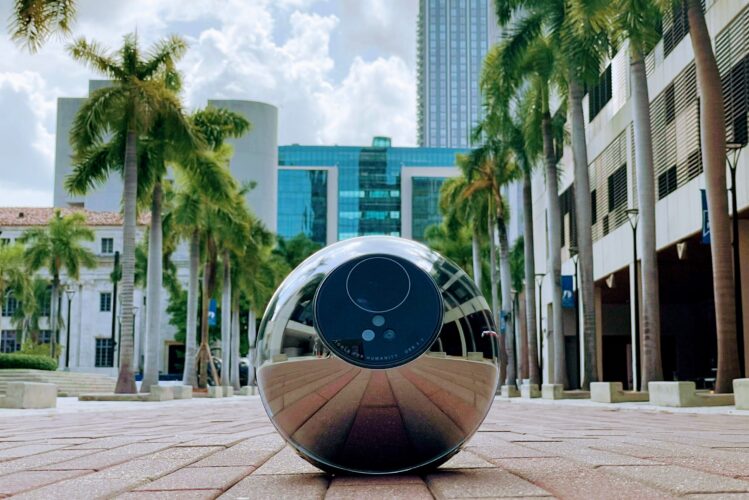



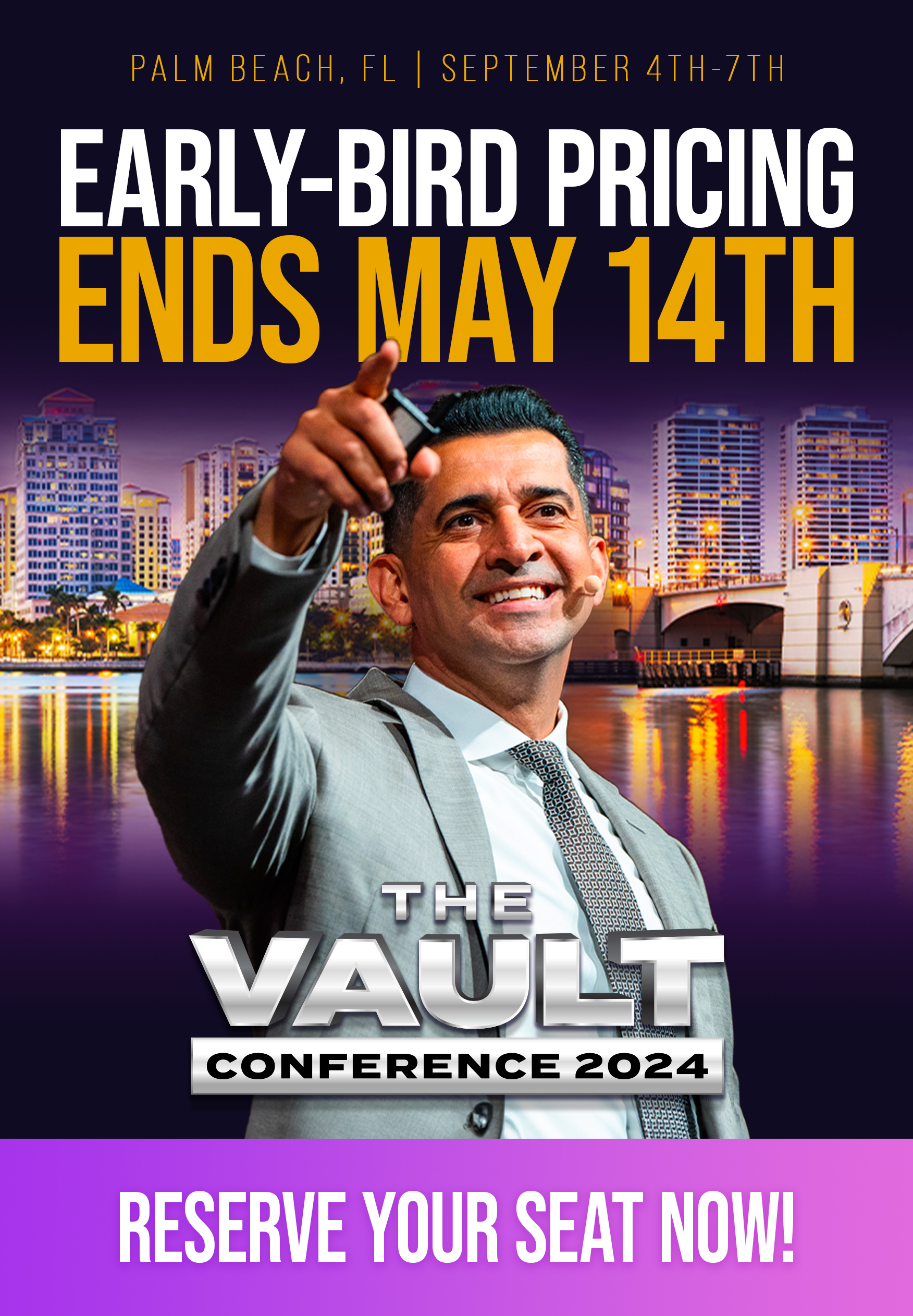




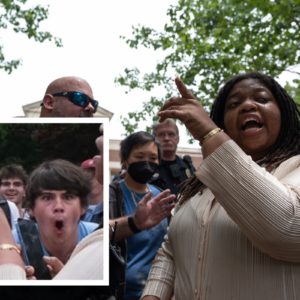







Add comment